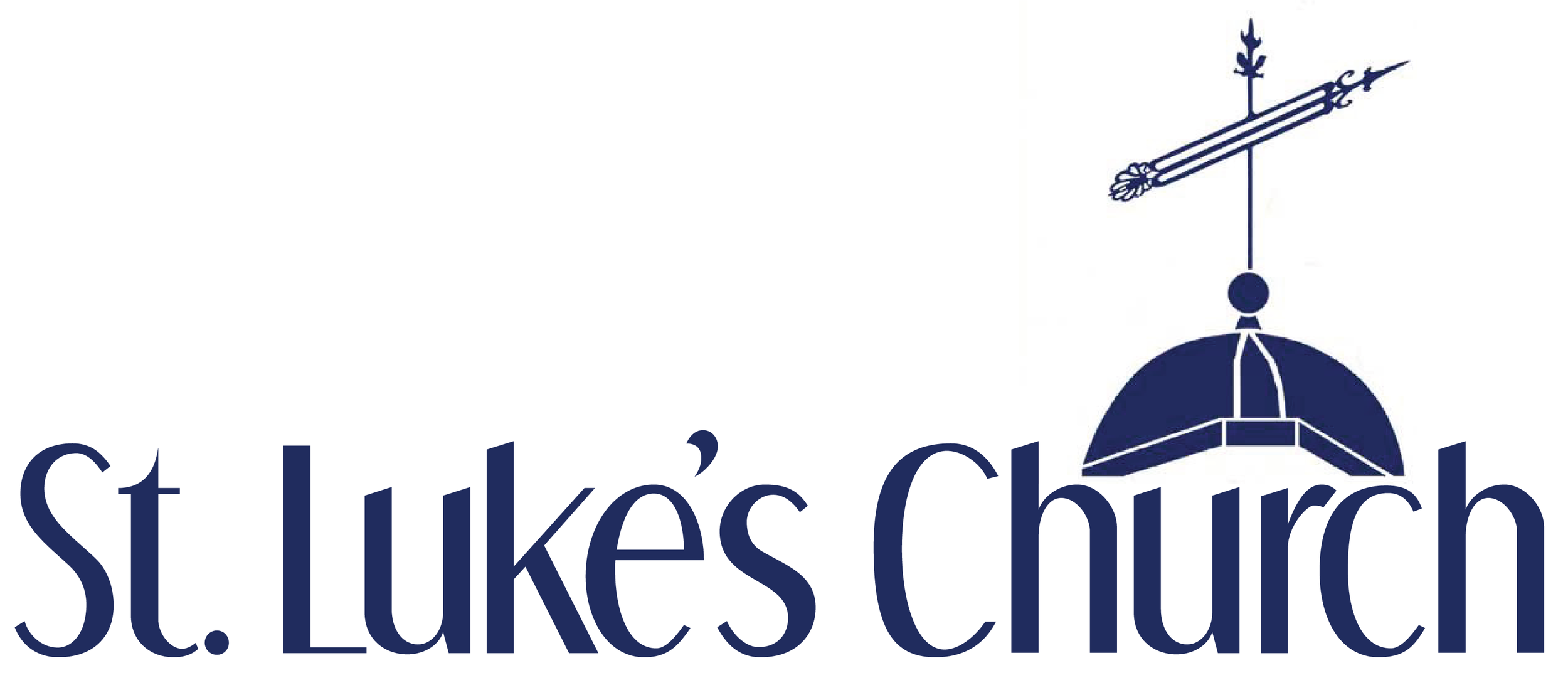What Has Astronomy Taught Me About Stewardship, Part IV
Episode IV – Wrapping Up
I started this as an essay on stewardship, went into detail about the Copernican Revolution and the birth of modern science. What in the world does this have to do with stewardship?
I am an astronomer, a physicist, and a mathematician. I adhere to the scientific method. But science and religion are rather opposites. They don’t seem to fit together, so what kind of religious person am I? A phony? A heretic? A fool? I hope none of these! Science and religion are two very different disciplines, but they most certainly do coexist if you understand the nature of both.
Questions of religious doctrine, (e.g., morality, divine nature of Jesus, etc.), are intrinsically different from scientific questions (e.g., what is the best mathematical model of quantum gravity). But science does have something to say about religious matters, the nature of space and time, the origin of matter, causality, determinism, even the creation event. The conceptual framework where religious questions are asked can be modified by advances in our scientific understanding of the world around us. However, some religious questions like “what is Heaven/Hell,” have no place in a scientific discussion. Religion is about what is morally right and wrong; the existence of an objective reality. Physics is not about truth; physics is about models that help us understand the world we observe.
As Christians, we are called to spread the Gospel throughout God’s creation. We are not called to argue politics, liberalism vs conservatism, or the purpose of giving to the Church. I believe we need conservatives and liberals, because neither side holds all the answers. We can only improve our world by working together and yes, we are called to stewardship, to give of our time, talents and treasures.
Dr. Mike Fisher
Stewardship Chair
